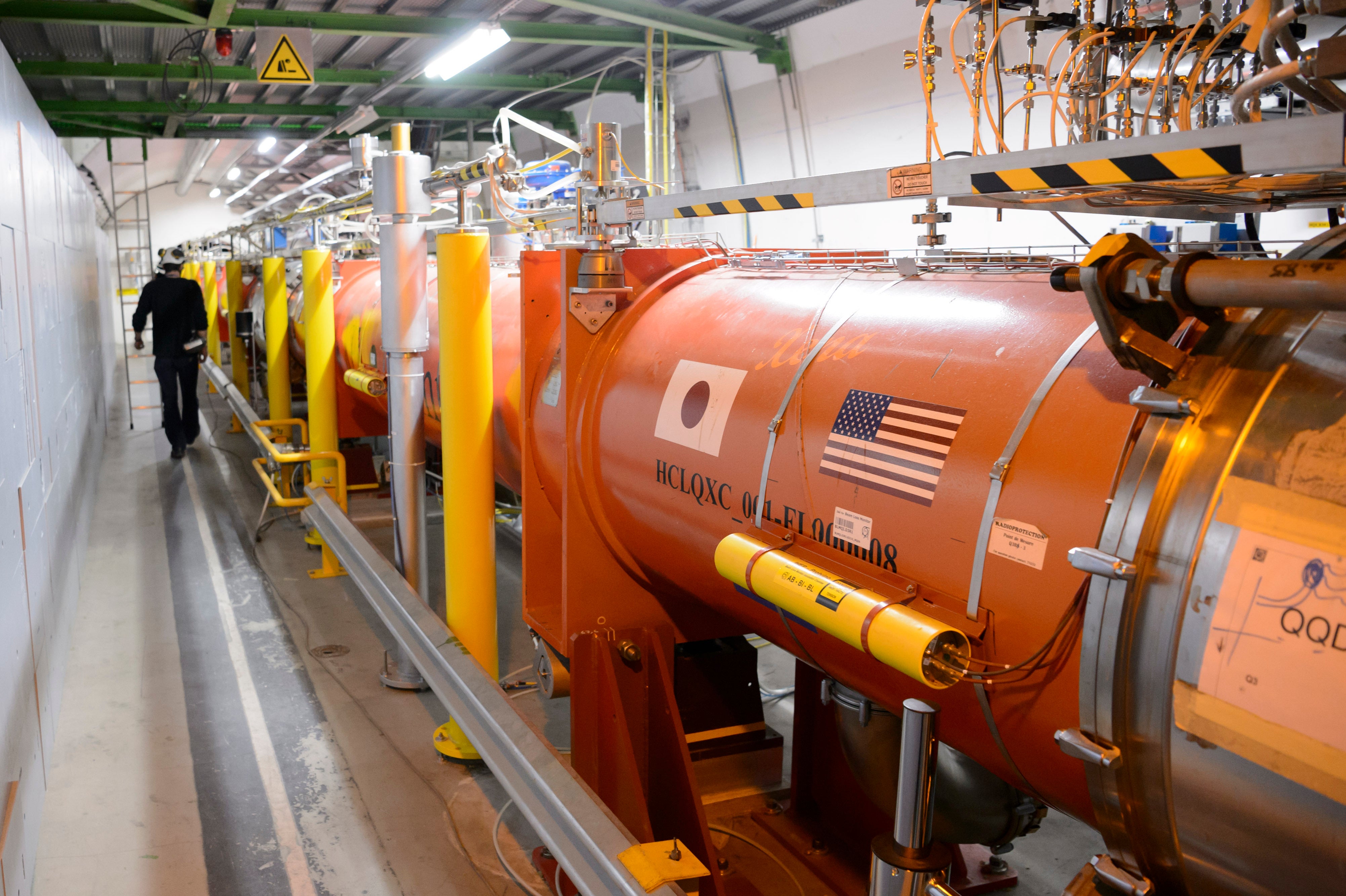Atom-smashing CERN lab ratchets up measures against Russia
The sprawling European science lab that houses the world’s largest atom smasher is taking new steps that will further limit its cooperation with Russian research institutes

The sprawling European science lab that houses the world’s largest atom smasher is taking new steps that will further limit its cooperation with Russian research institutes in the wake of Russia’s invasion of Ukraine.
The CERN Council, the governing body of the Geneva-based lab with 23 member states, announced Friday that its scientists will suspend participation in all scientific committees in Russia and neighboring Belarus, a Russian ally that facilitated the Feb. 24 invasion.
CERN, the historic acronym for what is now the European Organization for Nuclear Research, had grappled with its response to the invasion because nearly 7% of its 18,000-odd researchers from around the world are linked to Russian institutions. On March 8, the council suspended new collaborations with Russia and stripped Russia of its observer status at the organization.
The issue of whether to further sanction Russia became pressing because the Large Hadron Collider, the world’s largest and most powerful particle accelerator, is set to start its third-ever run next month.
The machine propels particles through an underground, 27-kilometer (17-mile) ring of superconducting magnets in and around Geneva, generating science that can help elucidate mysteries like dark matter or the standard model of particle physics. Russian scientists have been involved in planning multiple experiments.
Under the new measures approved Friday, CERN will suspend all joint events with Russian institutes and pause considering any new candidates from Russia and Belarus to join the organization's staff.
The council also announced that it will suspend all collaboration with the Joint Institute for Nuclear Research, an international grouping of 19 member nations based in Dubna, Russia. More than half of the members are former Soviet republics, including Ukraine, but they also include Cuba, the Czech Republic, Poland, North Korea, and Vietnam.
Bookmark popover
Removed from bookmarks